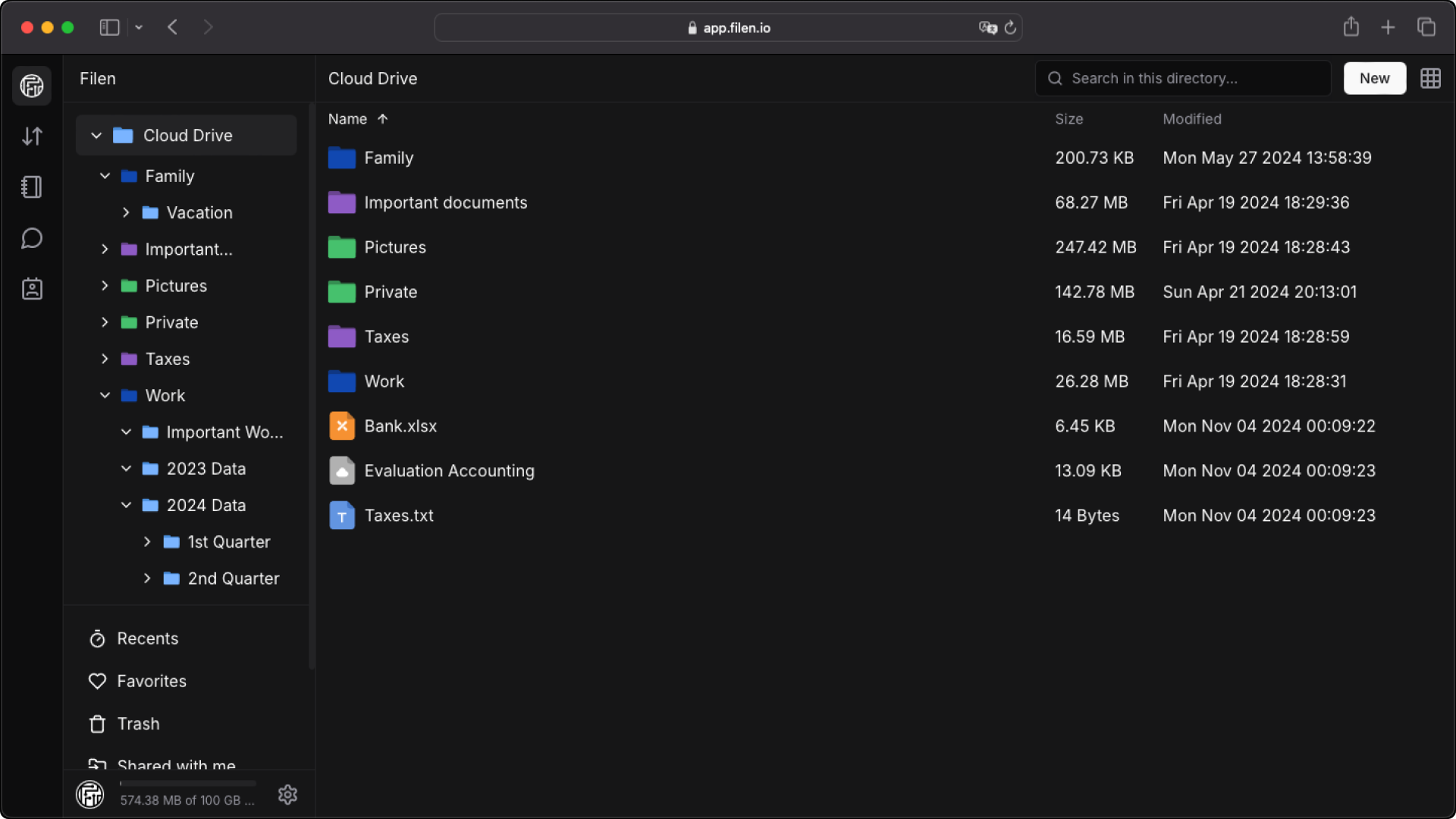struct group_info *groups_alloc(int gidsetsize){
struct group_info *group_info;
int nblocks;
int i;
nblocks = (gidsetsize + NGROUPS_PER_BLOCK - 1) / NGROUPS_PER_BLOCK;
/* Make sure we always allocate at least one indirect block pointer */
nblocks = nblocks ? : 1;
group_info = kmalloc(sizeof(*group_info) + nblocks*sizeof(gid_t *), GFP_USER);
if (!group_info)
return NULL;
group_info->ngroups = gidsetsize;
group_info->nblocks = nblocks;
atomic_set(&group_info->usage, 1);
if (gidsetsize <= NGROUPS_SMALL)
group_info->blocks[0] = group_info->small_block;
else {
for (i = 0; i < nblocks; i++) {
gid_t *b;
b = (void *)__get_free_page(GFP_USER);
if (!b)
goto out_undo_partial_alloc;
group_info->blocks[i] = b;
}
}
return group_info;
out_undo_partial_alloc:
while (--i >= 0) {
free_page((unsigned long)group_info->blocks[i]);
}
kfree(group_info);
return NULL;
}
EXPORT_SYMBOL(groups_alloc);
void groups_free(struct group_info *group_info)
{
if (group_info->blocks[0] != group_info->small_block) {
int i;
for (i = 0; i < group_info->nblocks; i++)
free_page((unsigned long)group_info->blocks[i]);
}
kfree(group_info);
}
EXPORT_SYMBOL(groups_free);
/* export the group_info to a user-space array */
static int groups_to_user(gid_t __user *grouplist,
const struct group_info *group_info)
{
int i;
unsigned int count = group_info->ngroups;
for (i = 0; i < group_info->nblocks; i++) {
unsigned int cp_count = min(NGROUPS_PER_BLOCK, count);
unsigned int len = cp_count * sizeof(*grouplist);
if (copy_to_user(grouplist, group_info->blocks[i], len))
return -EFAULT;
grouplist += NGROUPS_PER_BLOCK;
count -= cp_count;
}
return 0;
}
/* fill a group_info from a user-space array - it must be allocated already */
static int groups_from_user(struct group_info *group_info,
gid_t __user *grouplist)
{
int i;
unsigned int count = group_info->ngroups;
for (i = 0; i < group_info->nblocks; i++) {
unsigned int cp_count = min(NGROUPS_PER_BLOCK, count);
unsigned int len = cp_count * sizeof(*grouplist);
if (copy_from_user(group_info->blocks[i], grouplist, len))
return -EFAULT;
grouplist += NGROUPS_PER_BLOCK;
count -= cp_count;
}
return 0;
}
/* a simple Shell sort */
static void groups_sort(struct group_info *group_info)
{
int base, max, stride;
int gidsetsize = group_info->ngroups;
for (stride = 1; stride < gidsetsize; stride = 3 * stride + 1)
; /* nothing */
stride /= 3;
while (stride) {
max = gidsetsize - stride;
for (base = 0; base < max; base++) {
int left = base;
int right = left + stride;
gid_t tmp = GROUP_AT(group_info, right);
while (left >= 0 && GROUP_AT(group_info, left) > tmp) {
GROUP_AT(group_info, right) =
GROUP_AT(group_info, left);
right = left;
left -= stride;
}
GROUP_AT(group_info, right) = tmp;
}
stride /= 3;
}
}
/* a simple bsearch */
int groups_search(const struct group_info *group_info, gid_t grp)
{
unsigned int left, right;
if (!group_info)
return 0;
left = 0;
right = group_info->ngroups;
while (left < right) {
unsigned int mid = left + (right - left)/2;
if (grp > GROUP_AT(group_info, mid))
left = mid + 1;
else if (grp < GROUP_AT(group_info, mid))
right = mid;
else
return 1;
}
return 0;
}
/**
* set_groups - Change a group subscription in a set of credentials
* @new: The newly prepared set of credentials to alter
* @group_info: The group list to install
*
* Validate a group subscription and, if valid, insert it into a set
* of credentials.
*/
int set_groups(struct cred *new, struct group_info *group_info)
{
put_group_info(new->group_info);
groups_sort(group_info);
get_group_info(group_info);
new->group_info = group_info;
return 0;
}
EXPORT_SYMBOL(set_groups);
/**
* set_current_groups - Change current's group subscription
* @group_info: The group list to impose
*
* Validate a group subscription and, if valid, impose it upon current's task
* security record.
*/
int set_current_groups(struct group_info *group_info)
{
struct cred *new;
int ret;
new = prepare_creds();
if (!new)
return -ENOMEM;
ret = set_groups(new, group_info);
if (ret < 0) {
abort_creds(new);
return ret;
}
return commit_creds(new);
}
EXPORT_SYMBOL(set_current_groups);
SYSCALL_DEFINE2(getgroups, int, gidsetsize, gid_t __user *, grouplist)
{
const struct cred *cred = current_cred();
int i;
if (gidsetsize < 0)
return -EINVAL;
/* no need to grab task_lock here; it cannot change */
i = cred->group_info->ngroups;
if (gidsetsize) {
if (i > gidsetsize) {
i = -EINVAL;
goto out;
}
if (groups_to_user(grouplist, cred->group_info)) {
i = -EFAULT;
goto out;
}
}
out:
return i;
}
/*
* SMP: Our groups are copy-on-write. We can set them safely
* without another task interfering.
*/
SYSCALL_DEFINE2(setgroups, int, gidsetsize, gid_t __user *, grouplist)
{
struct group_info *group_info;
int retval;
if (!nsown_capable(CAP_SETGID))
return -EPERM;
if ((unsigned)gidsetsize > NGROUPS_MAX)
return -EINVAL;
group_info = groups_alloc(gidsetsize);
if (!group_info)
return -ENOMEM;
retval = groups_from_user(group_info, grouplist);
if (retval) {
put_group_info(group_info);
return retval;
}
retval = set_current_groups(group_info);
put_group_info(group_info);
return retval;
}
/*
* Check whether we're fsgid/egid or in the supplemental group..
*/
int in_group_p(gid_t grp)
{
const struct cred *cred = current_cred();
int retval = 1;
if (grp != cred->fsgid)
retval = groups_search(cred->group_info, grp);
return retval;
}
EXPORT_SYMBOL(in_group_p);
int in_egroup_p(gid_t grp)
{
const struct cred *cred = current_cred();
int retval = 1;
if (grp != cred->egid)
retval = groups_search(cred->group_info, grp);
return retval;
}



